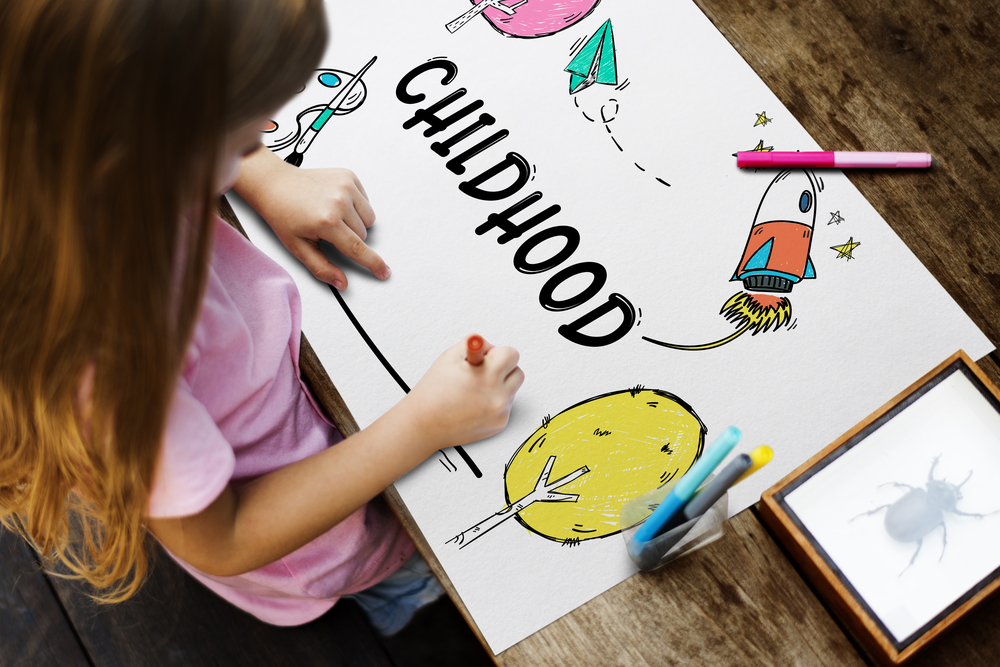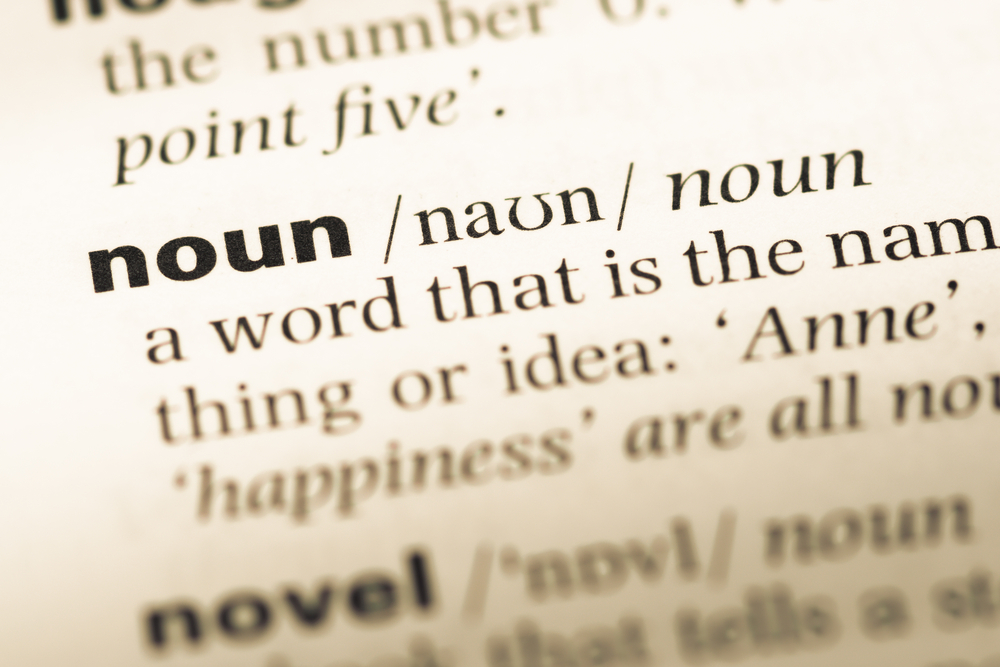Critical thinking skills Normal Worksheets for 7-Year-Olds
6 filtered results
-
From - To
Enhance your 7-year-old's problem-solving abilities with our Critical Thinking Skills Normal Worksheets. Designed to challenge young minds, these engaging printables focus on developing logic, reasoning, and analytical skills. Perfect for both classroom and home use, our worksheets encourage children to think deeply and solve problems creatively. Each activity is crafted to be age-appropriate, ensuring that your child remains interested and motivated. Help your child develop the essential skills they need for future learning success with our thoughtfully curated selection of worksheets. Explore a fun and effective approach to fostering critical thinking today!
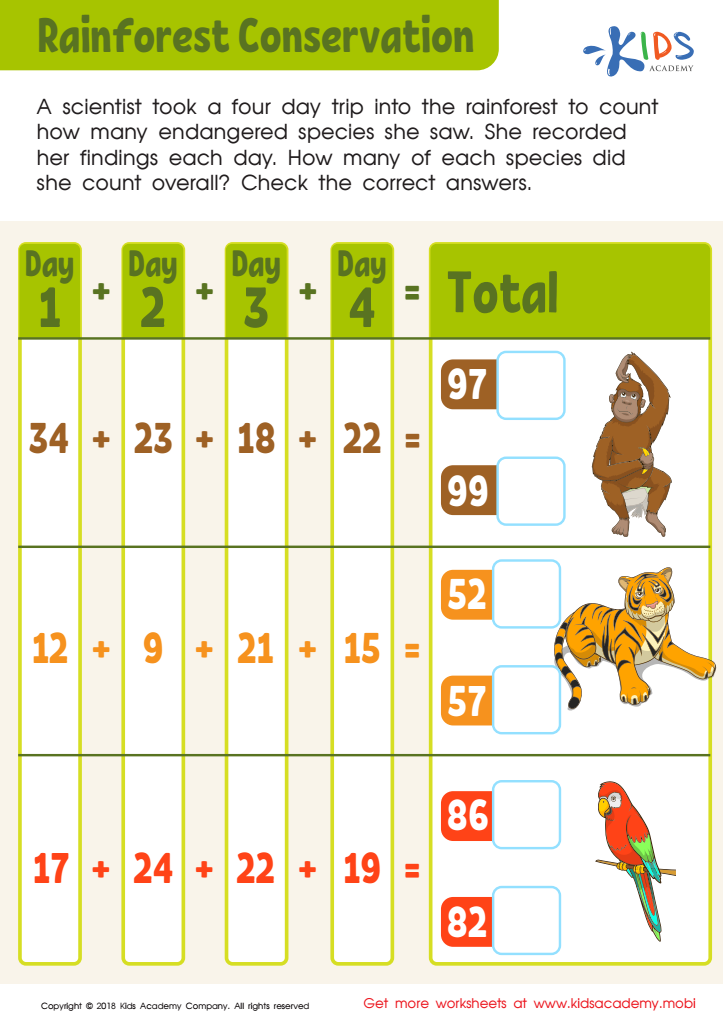

Rainforest Conservation Worksheet
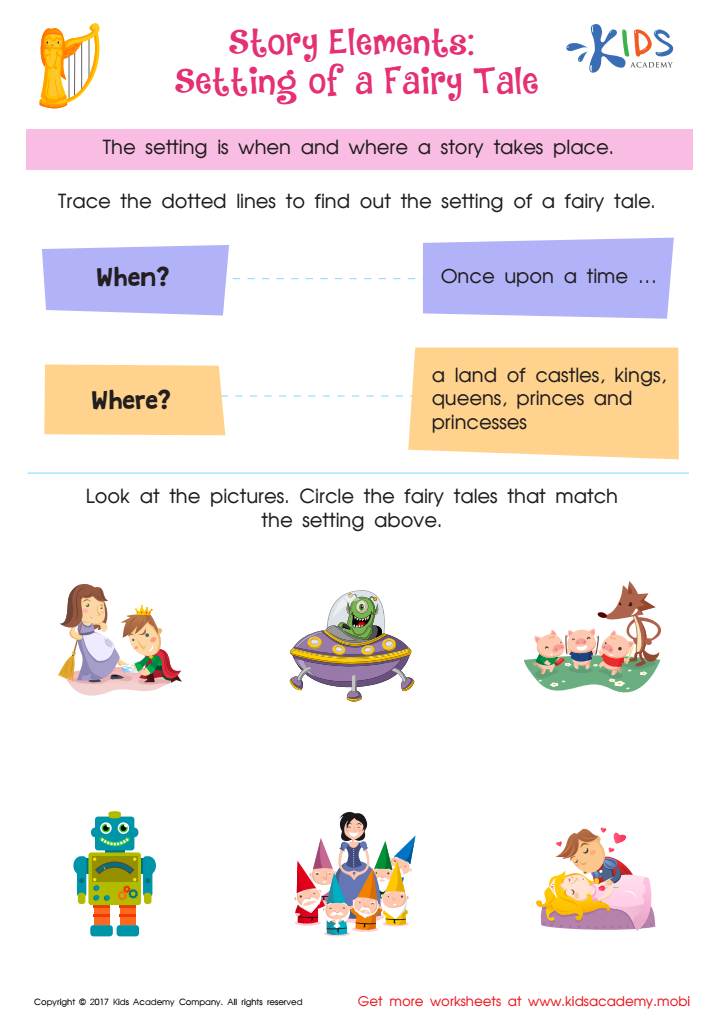

Story Elements: Setting of a Fairy Tale Printable
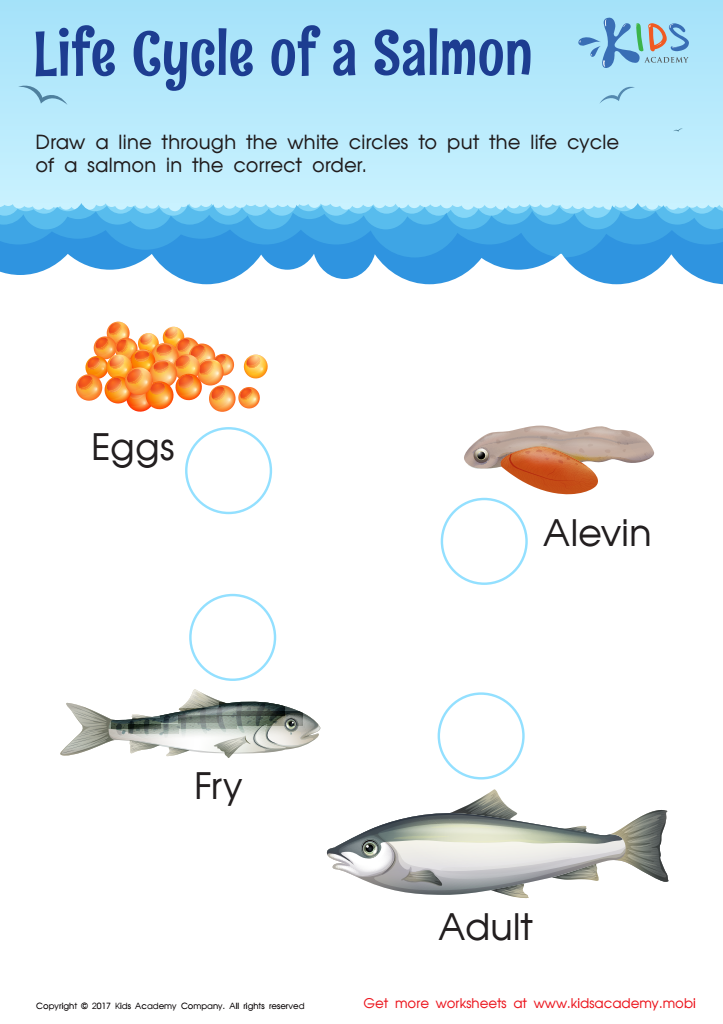

Cycle Of Salmon Worksheet
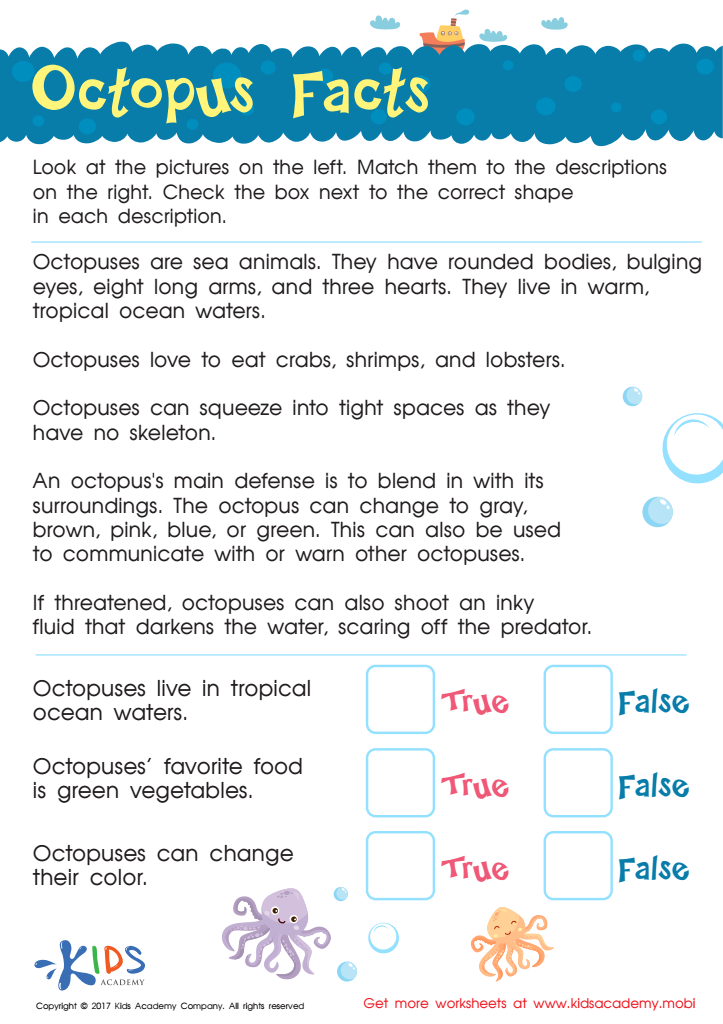

Octopus Facts Worksheet For Kids
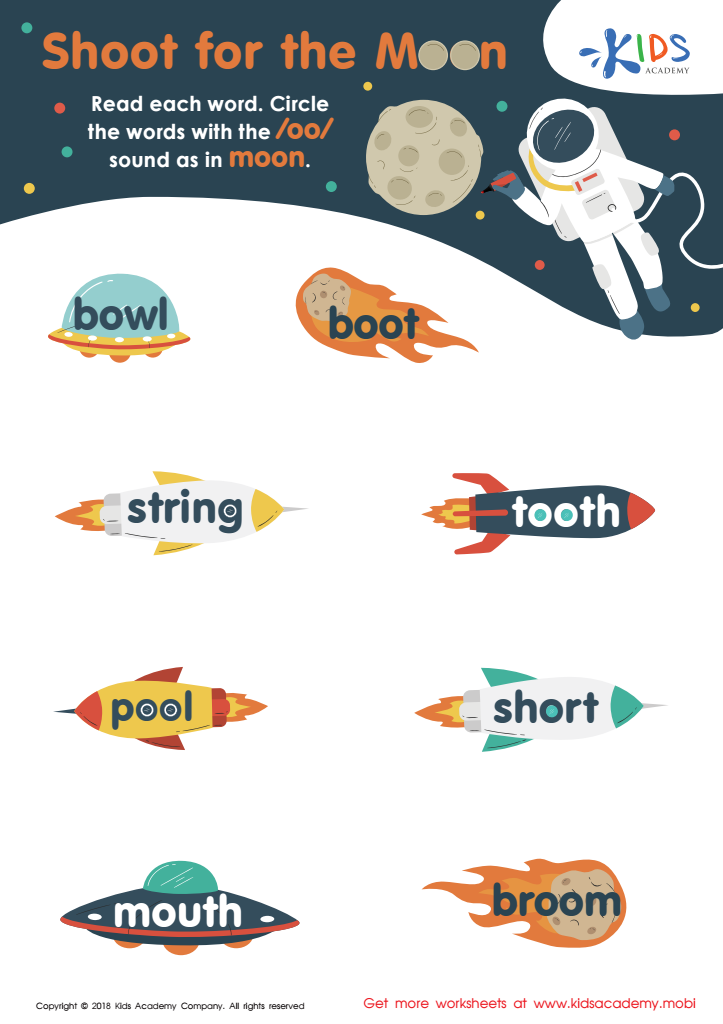

Reading: Shoot for the Moon Worksheet
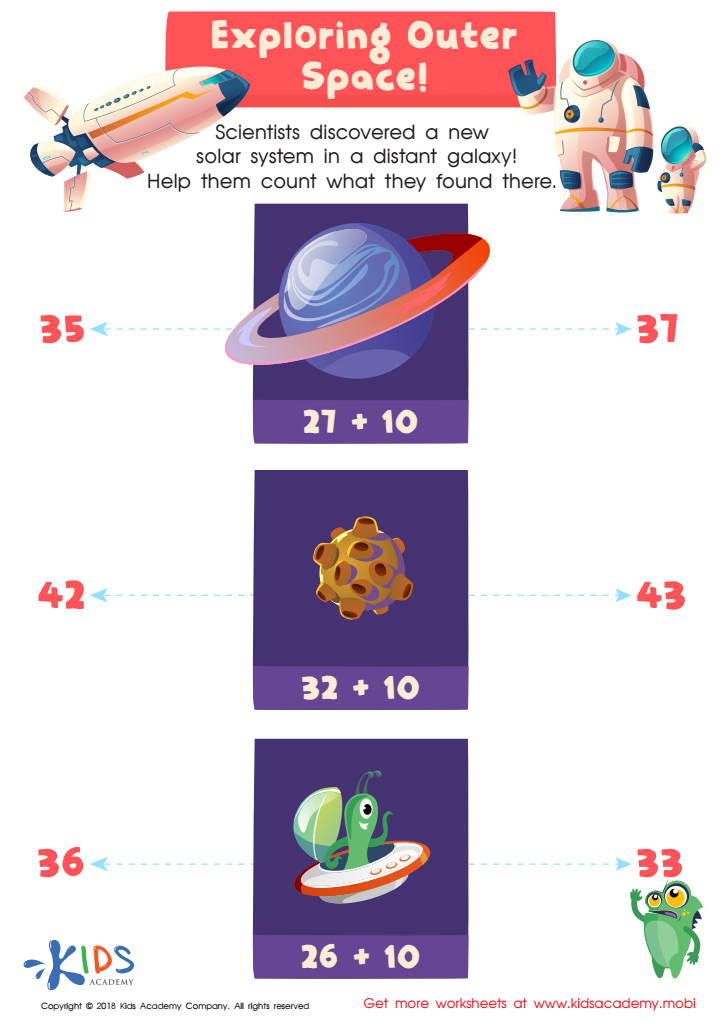

Exploring Outer Space Worksheet
Critical thinking skills are essential for the holistic development of 7-year-olds, making it imperative for parents and teachers to prioritize fostering these abilities. At this age, children start transitioning from simple rote learning to understanding more complex concepts. Critical thinking skills enable them to analyze, evaluate, and synthesize information, which can enhance their learning experience across all subjects.
Developing these skills helps children become more independent thinkers. They learn to ask questions like "why" and "how," deepening their curiosity and drive to learn. This inquisitiveness aids them in problem-solving and making informed decisions, crucial not just academically but in everyday situations.
Moreover, critical thinking fosters social and emotional development. Children who think critically are better equipped to understand differing perspectives, which can improve empathy and interpersonal relationships. They gain confidence in expressing their thoughts and respecting others'.
In a rapidly changing world, the ability to think critically is invaluable. By embedding these skills early on, parents and teachers can prepare children for future challenges and opportunities, setting foundations for lifelong learning and adaptability. Therefore, nurturing critical thinking at a young age isn’t just beneficial—it’s crucial for their future success and personal growth.
 Assign to My Students
Assign to My Students






